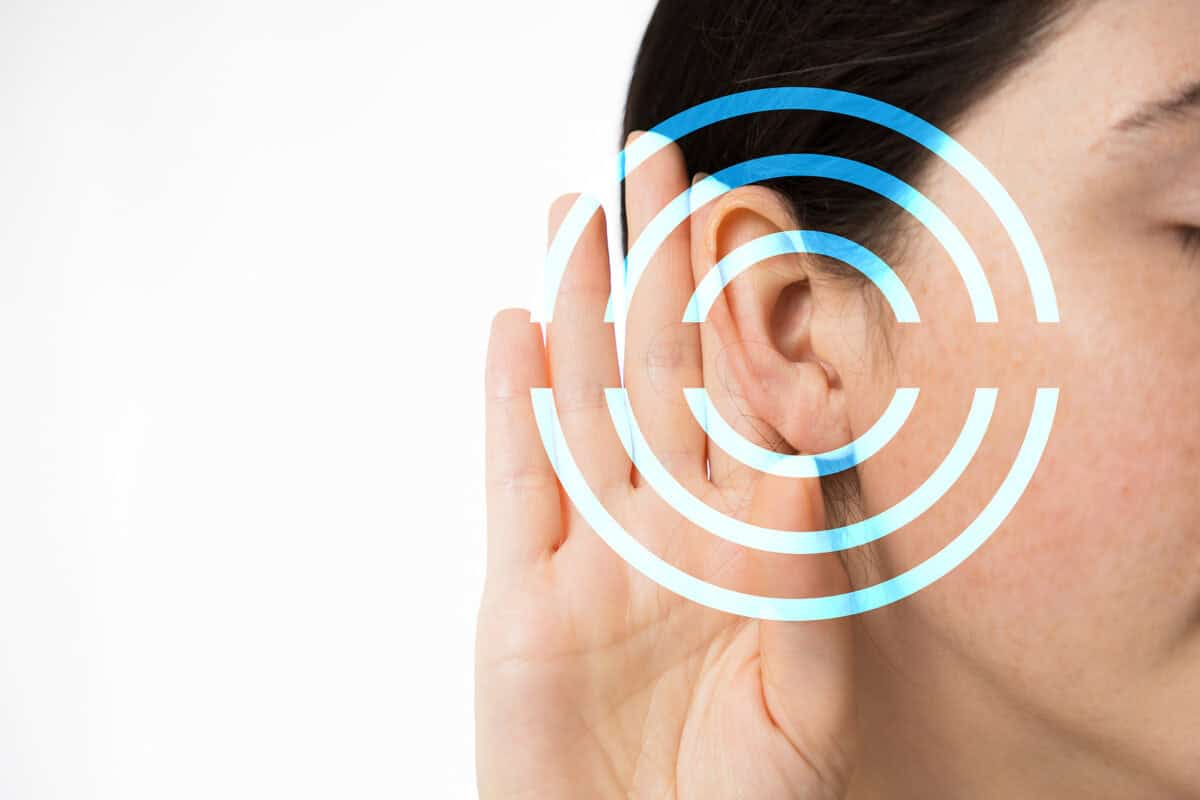- Using Hearing Aid Accessories for Enhanced Listening - May 6, 2025
- Practical Tips for Managing Daily Challenges With Tinnitus - April 8, 2025
- Signs Your Hearing Aid Battery Needs to Be Replaced - March 13, 2025
The constant ringing, buzzing, or hissing in the ears can feel like an unwelcome guest that never leaves. Some days, it fades into the background, but on others, it disrupts focus, sleep, and even simple conversations. Learning to manage tinnitus effectively can make everyday life more comfortable and less frustrating.
Small changes in daily habits can greatly impact how tinnitus is experienced. Stress, poor sleep, and loud noises can worsen symptoms, while relaxation techniques and sound therapy often provide relief. Finding the right combination of strategies takes time, but even small adjustments can improve quality of life.
Managing Stress to Keep Symptoms in Check
Tinnitus sometimes gets worse under extreme stress. Yoga, meditation, or deep breathing techniques might help relax the nervous system and reduce anxiety. Short pauses during the day to unwind can also help prevent tinnitus from becoming intolerable.
Participating in fun hobbies like reading, drawing, or hanging out with friends might help one turn their attention from tinnitus. Regular physical exercise also helps to reduce stress by producing endorphins, which raise mood levels.
Improving Sleep for Better Relief
Tinnitus can make falling or staying asleep difficult, which causes tiredness and frustration. Establishing a sleep ritual, including reducing lights, avoiding devices, and performing relaxation techniques, tells the body it’s time to rest. Falling asleep can also be easier in a comfortable sleep environment, including blackout curtains and a white noise generator.
Alcohol and caffeine, particularly right before bed, can aggravate tinnitus symptoms. Maintaining a regular sleep pattern and avoiding evening stimulants will assist in improving rest. Apart from general well-being, quality sleep helps to reduce tinnitus’s annoyance during the day.
Protecting Ears From Loud Noises
Tinnitus might get worse and further increase hearing loss due to loud noise exposure. In noisy surroundings, such as concerts or building sites, using noise-canceling headphones or earplugs will help to stop more harm from occurring. Long-term hearing health depends on maintaining a healthy level of noise when using headphones.
Even regular tasks like cutting the grass or operating power equipment could expose ears to dangerous noise levels. Simple steps like lowering the volume or avoiding noisy surroundings will help prevent the aggravation of symptoms. Managing tinnitus successfully mostly depends on preserving hearing.
Seeking Professional Support When Needed
When tinnitus becomes overwhelming, professional help can provide relief. Hearing health professionals can evaluate hearing health and recommend treatments, such as hearing aids or sound therapy. Counseling or cognitive behavioral therapy can also help reduce the emotional impact of tinnitus.
Regular hearing health exams are important, especially for those with hearing loss. A hearing health professional can determine if underlying issues contribute to tinnitus and suggest personalized strategies. Seeking support makes it easier to manage symptoms and maintain a good quality of life.


